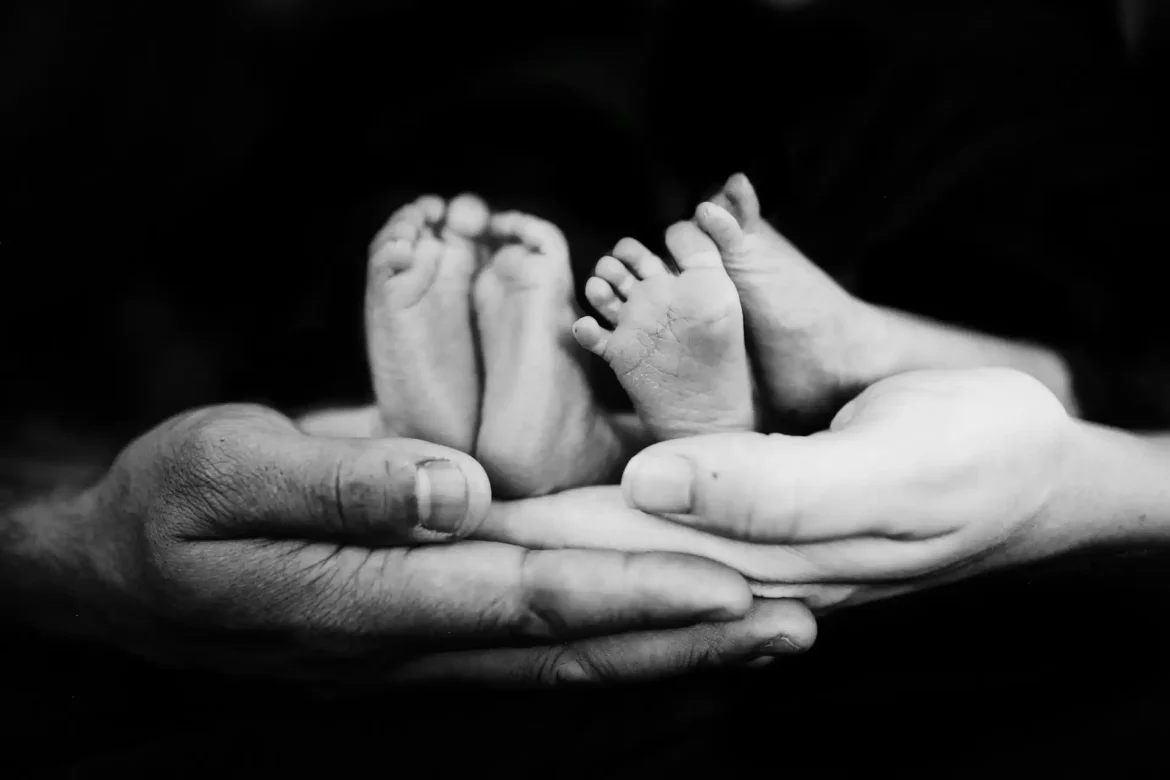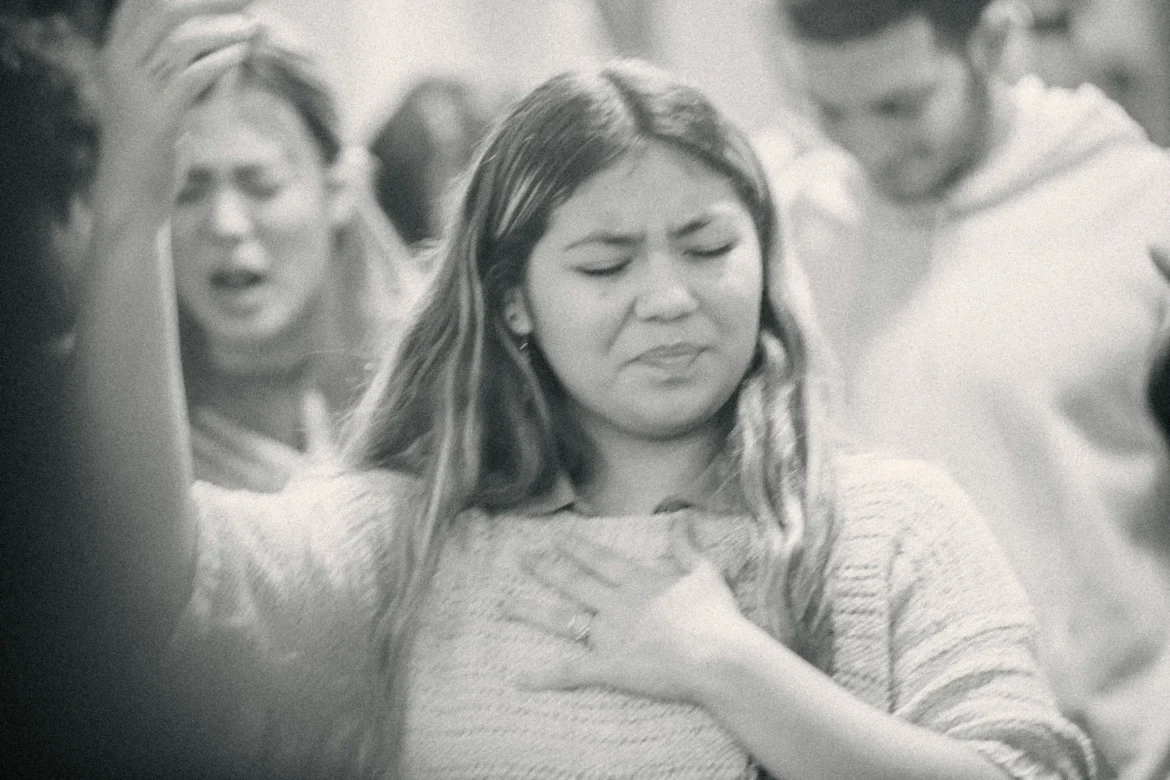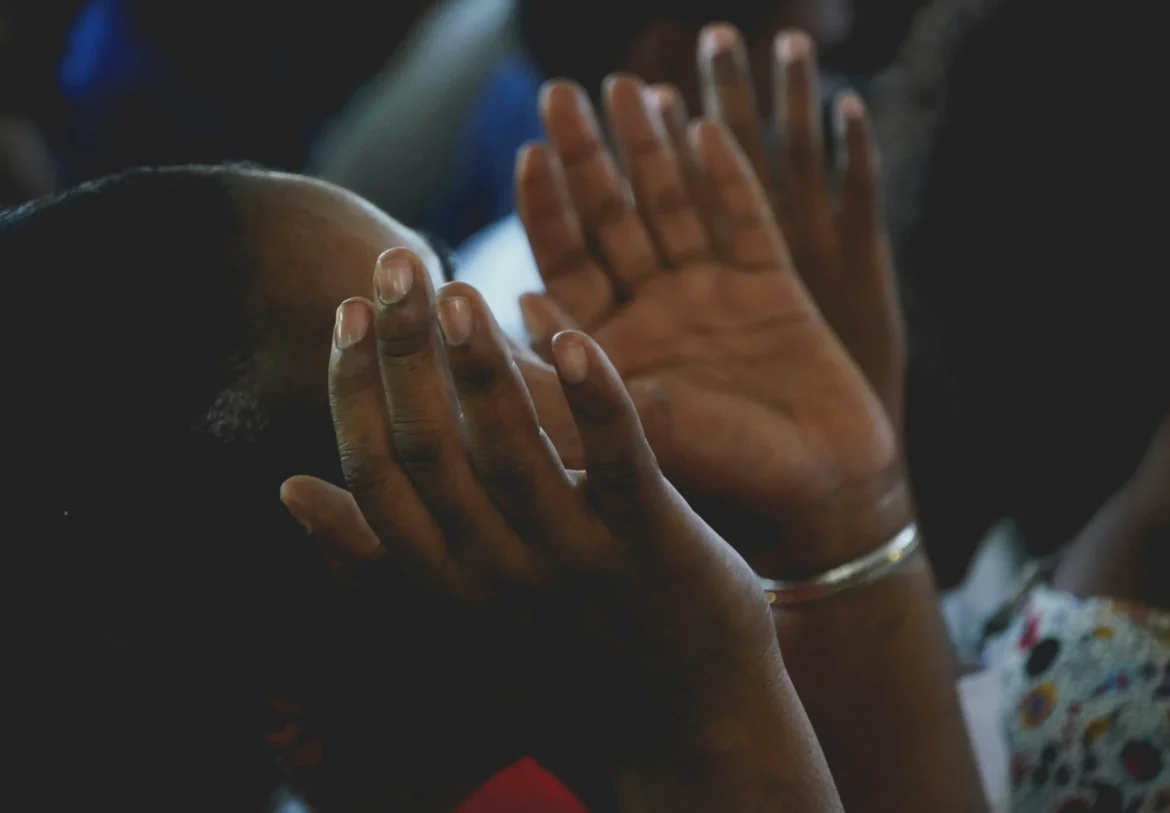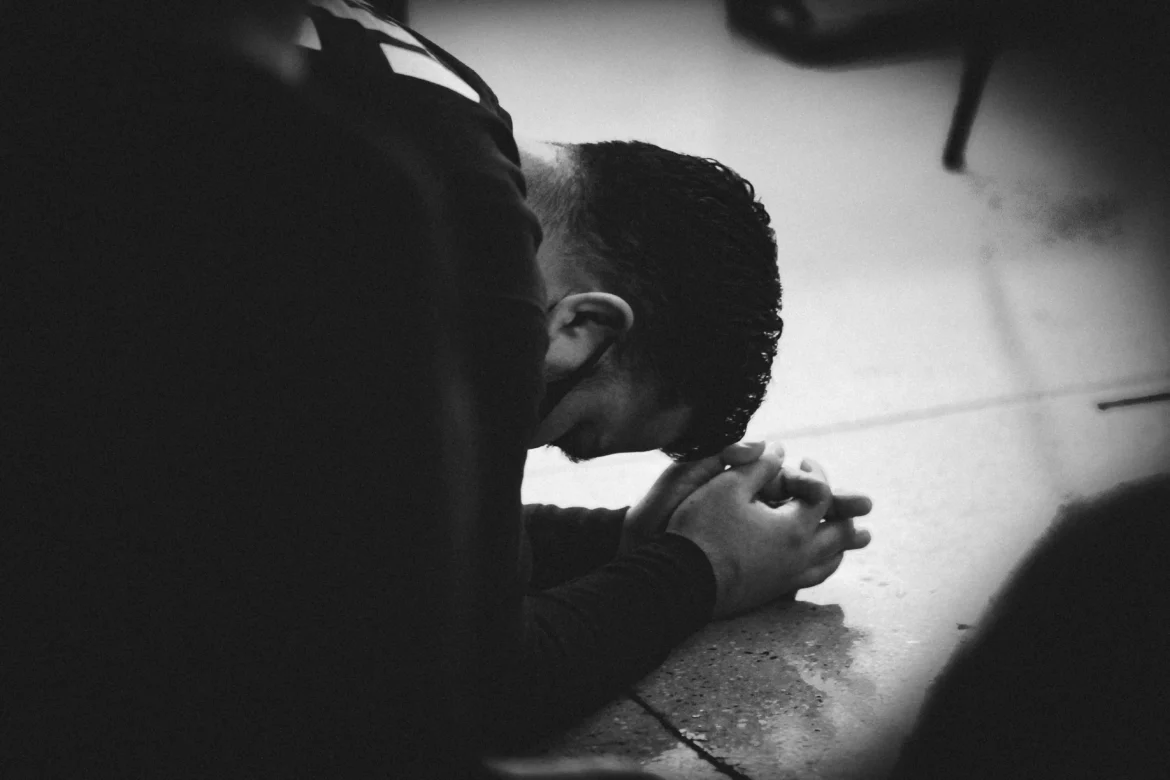Explore deep and inspiring Bible studies. Learn about God’s Word, reflections, and practical applications for your spiritual life.
God loves the family and has a special purpose for it. We can say that the first “marriage” on earth was performed by God Himself, establishing the foundation for the family institution.
The Origin of the Family
After creating the heavens, the earth, and everything in it, God formed man. However, He saw that it was not good for man to be alone:
Then God said, “Let us make mankind in our image, in our likeness, so that they may rule over the fish in the sea and the birds in the sky, over the livestock and all the wild animals, and over all the creatures that move along the ground.” So God created mankind in his own image, in the image of God he created them; male and female he created them. God blessed them and said to them, “Be fruitful and increase in number; fill the earth and subdue it. Rule over the fish in the sea and the birds in the sky and over every living creature that moves on the ground.” (Genesis 1:26-28)
God created humanity with His own hands, showing special care. Unlike other creations, brought into being by the power of His word alone, man was shaped in God’s image and likeness, receiving a unique privilege.
The Creation of Woman: Adam’s Helper
God recognized that man needed a companion to stand by his side, supporting him in daily life:
So the man gave names to all the livestock, the birds in the sky and all the wild animals. But for Adam no suitable helper was found. So the Lord God caused the man to fall into a deep sleep; and while he was sleeping, he took one of the man’s ribs and then closed up the place with flesh. Then the Lord God made a woman from the rib he had taken out of the man, and he brought her to the man. The man said, “This is now bone of my bones and flesh of my flesh; she shall be called ‘woman,’ for she was taken out of man.” That is why a man leaves his father and mother and is united to his wife, and they become one flesh. (Genesis 2:20-24)
God chose Adam’s rib to create the woman, symbolizing her closeness and role as a helper. Ribs protect vital organs, such as the heart and lungs, and provide structural support. This choice reflects the woman’s essential role as a partner, safeguarding and sustaining the family alongside the man.
The Significance of the Rib and Biblical Numerology
Why did God choose the rib? The human body has 12 pairs of ribs, and in biblical numerology, the number 12 represents governmental perfection. By creating the woman from the rib, God established the first family, instituting a divine order based on rules, mutual respect, and harmony.
A blessed family depends on unity and agreement between husband and wife, living according to God’s principles. The woman was created to be the man’s loving companion and collaborator, sharing responsibilities and cooperating in God’s plan for the family.
The Divine Purpose: Be Fruitful and Multiply
God blessed humanity with a clear calling:
God blessed them and said to them, “Be fruitful and increase in number; fill the earth and subdue it. Rule over the fish in the sea and the birds in the sky and over every living creature that moves on the ground.” (Genesis 1:28)
God’s purpose for the family includes procreation, populating the earth, and exercising dominion over creation. This plan is fulfilled through the union of man and woman, reflecting God’s completeness. The family, instituted by God, faces attacks from the enemy but remains essential to fulfilling His purposes.
The Importance of Unity in the Family
A family thrives only when there is unity. As Jesus taught:
Jesus knew their thoughts and said to them, “Every kingdom divided against itself will be ruined, and every city or household divided against itself will not stand.” (Matthew 12:25)
Unity is the foundation of a successful family. When husband and wife work as a team, sharing responsibilities and supporting each other, they achieve common goals, such as buying a car or pursuing a dream. However, lack of support breeds frustration and discouragement.
To resolve conflicts, families must cultivate forgiveness, dialogue, and empathy. Apologizing, listening attentively, and putting oneself in the other’s shoes are essential practices for a healthy home.
In your anger do not sin; do not let the sun go down while you are still angry. (Ephesians 4:26)
Controlling emotions and resolving disputes before the day ends prevents anger from creating division. Admitting mistakes is not shameful but a sign of humility and love.
Love as the Foundation of the Family
Love is the cornerstone of the family, as the Word teaches:
For the entire law is fulfilled in keeping this one command: “Love your neighbor as yourself.” (Galatians 5:14)
Loving the family means overcoming flaws, acknowledging mistakes, and accepting imperfections, just as we do with ourselves. Comparing one’s family to others causes frustration and strain. Every household has its uniqueness, and genuine love embraces these differences.
The husband must love and respect his wife, following Christ’s example, who gave His life for the Church:
However, each one of you also must love his wife as he loves himself, and the wife must respect her husband. (Ephesians 5:33)
Likewise, the wife should treat her husband with care and respect. Love and respect are mutual responsibilities, strengthening the family in all moments, even in each other’s absence.
The Power of Words in the Family
Words have the power to bless or curse, as the Bible warns:
The tongue has the power of life and death, and those who love it will eat its fruit. (Proverbs 18:21)
Negative words, such as “disgrace,” “cursed,” “stupid,” or “damned,” can bring darkness and destruction to the home. Terms like “brat,” historically tied to evil practices, or “miserable,” evoking poverty and pain, should be avoided, especially with children.
The words of the reckless pierce like swords, but the tongue of the wise brings healing. (Proverbs 12:18)
Instead, families should foster an environment of blessings with kind greetings, apologies, expressions of gratitude, and encouraging words. Blessing family members daily strengthens bonds and reflects dependence on God.
God as the Center of the Family
To transform a family into a blessing, God must be the center. This begins with personal transformation:
- Be a loving husband or wife.
- Be an exemplary father or mother.
- Be a respectful child.
Change starts within ourselves. Value the family God has given you, recognizing the privilege of having it. Many people would give anything to have a family like yours.
But as for me and my household, we will serve the Lord. (Joshua 24:15)
With God at the center, no struggle or adversity can destroy the family. Love, care, and let the Creator guide your home to fulfill His purposes.









